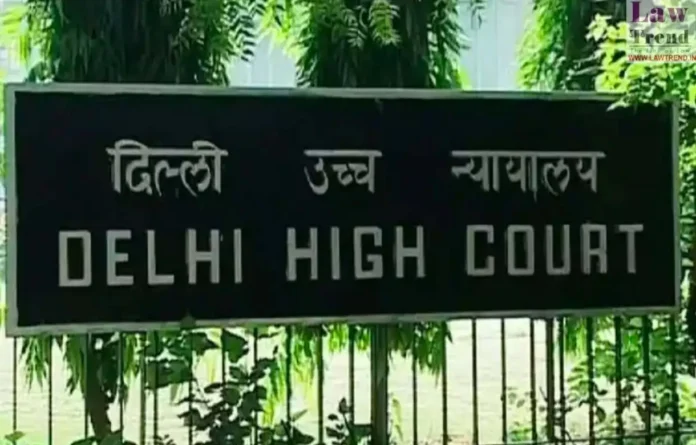The Delhi High Court was informed by Yasin Malik that six successive governments,ranging from that of V. P. Singh to Manmohan Singh, engaged him to play a role in seeking a settlement of the Kashmir issue. He also asserted that in 2006, at the behest of the then-Special Director of the Intelligence Bureau, V. K. Joshi, he met with Hafiz Saeed and other Pakistan-based militant leaders.
The former separatist leader claims that upon his return from this meeting, he briefed Prime Minister Manmohan Singh and National Security Advisor N. K. Narayan on the discussions. According to Malik, the Prime Minister expressed appreciation for his “time, patience and dedication.” However, Malik further alleges that this very meetinginstigated and facilitated at the intelligence agency’s request was later portrayed in an adverse light against him.
These assertions are contained in written submissions filed before the Delhi High Court in response to a National Investigation Agency (NIA) petition seeking the death penalty in a terror funding case. Malik’s submissions, some portions of which are under seal, also narrate his involvement with the governments of Atal Bihari Vajpayee and Ajit Kumar Doval, then Special Director of the IB. He says Doval visited him in prison in the early 2000s, told him of his impending release, and arranged for him to meet IB Director Shyamal Dutta and National Security Advisor Brajesh Mishra, who conveyed that the Prime Minister was committed to the process of dialogue in Kashmir.
Malik further contends that he reached out across the political spectrum—meeting Congress leader Sonia Gandhi and opposition Communist party leaders—to garner support for peace efforts under Vajpayee’s government. In 2002, he states, he launched a signature campaign throughout Jammu & Kashmir designed to advance a non-violent, democratic culture and to include Kashmiri leadership in any official dialogue. Over two and a half years, he claims he visited numerous villages, schools, and colleges, gathering one and a half million signatures.
After the Congress came to power in 2004, Malik says he was formally invited to meet with Prime Minister Manmohan Singh in 2006, who purportedly told him of his earnest desire to resolve the Kashmir dispute. Following that, Malik travelled to the United States and met with officials in the U.S. State Department. But according to him, once political backlash mounted at home, the dialogue process lost momentum.
In addition, Malik has denied allegations of genocide and gang-rape of Kashmiri Pandits, going so far as to declare he would “hang himself without trial” if they turned out to be true. He also disavows any involvement in stone-pelting by protestors following the 2016 killing of Burhan Wani in Kashmir.


